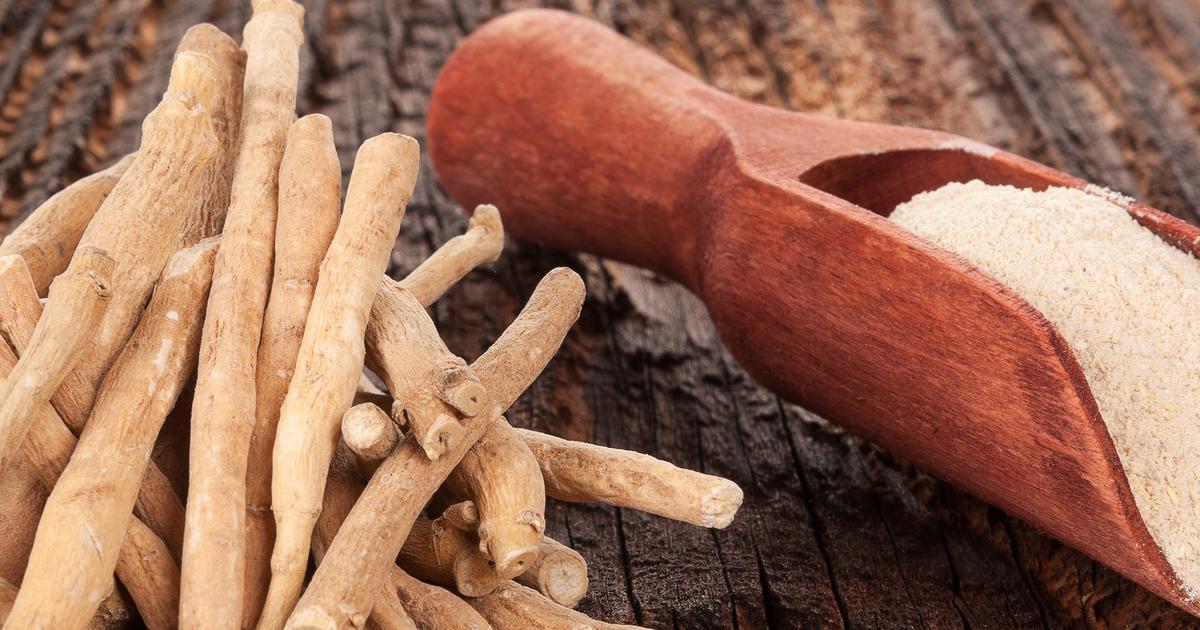Overview Of Ashwagandha
Ashwagandha is a shrub of the evergreen variant that grows in the Middle East, India, and parts of Africa. The fruit and roots of the shrub have both been used for centuries for multiple medicinal purposes. As of the current day, ashwagandha is marketed and sold in the United States as a herbal health supplement. Ashwagandha is not regulated by the United States Food and Drug Administration and does not have to meet the same standards as food producers or pharmaceutical companies. While ashwagandha's health benefits and healing properties have been studied to an extent, the herb is not well known in the general population. Those who are aware of ashwagandha may refer to it as Indian ginseng.
Many individuals will take ashwagandha capsules, though ashwagandha extract is also available. This herb is a popular natural remedy for anxiety and stress, and some individuals even take ashwagandha for hair benefits. However, for safety and to ensure that they get the best ashwagandha supplement for their needs, individuals must understand how it works first.
How It Works

Ashwagandha is an effective nerve tonic. This means that it reduces the activity of an individual's nerves. Any nerve tonic helps restore normal activity to an individual's nerves. Ashwagandha is thought to work by allowing the body to properly adapt to numerous different physical and emotional stressors that produce adverse symptoms. Ashwagandha is thought to produce an action that closely mimics the activity of a critical neurotransmitter referred to as gamma-aminobutyric acid (GABA), which helps block impulses from moving from one nerve to the next in the brain.
In addition to these mechanisms, ashwagandha is thought to help protect an individual's immune system function, ensuring it is operating at an optimal level. Ashwagandha is known to combat the natural processes of inflammation in the body tissues. It helps reduce the concentration of lipids in an individual's bloodstream. The medicinal chemicals that produce such actions contained within ashwagandha include alkaloids, fatty acids, amino acids, withanolides, choline, and numerous sugar compounds.
Read about how ashwagandha is taken next.
Ways It Is Taken

The classic way ashwagandha is taken is through a fine powder mixed or blended with honey or ghee. Another administration method is through the consumption of a hot cup of tea or milk with a teaspoon of finely powdered ashwagandha. Many individuals take it through a capsule. Root extract from the ashwagandha plant may be placed and taken in a capsule as a supplement at a dosage of 450 to five hundred milligrams per day. Ashwagandha powder may also be placed into a capsule and taken as a supplement.
Many individuals use ashwagandha to make cookies and other baked goods as a way to take the supplement. Another method that can be used is putting a teaspoon of the fine powder in a smoothie before blending. Some individuals prefer to take ashwagandha as a tincture placed into a capsule or by swallowing it like liquid medication. Ashwagandha is often mixed with different products used for the skin to help conditions like psoriasis and acne.
Keep reading to discover the reported health benefits next.
